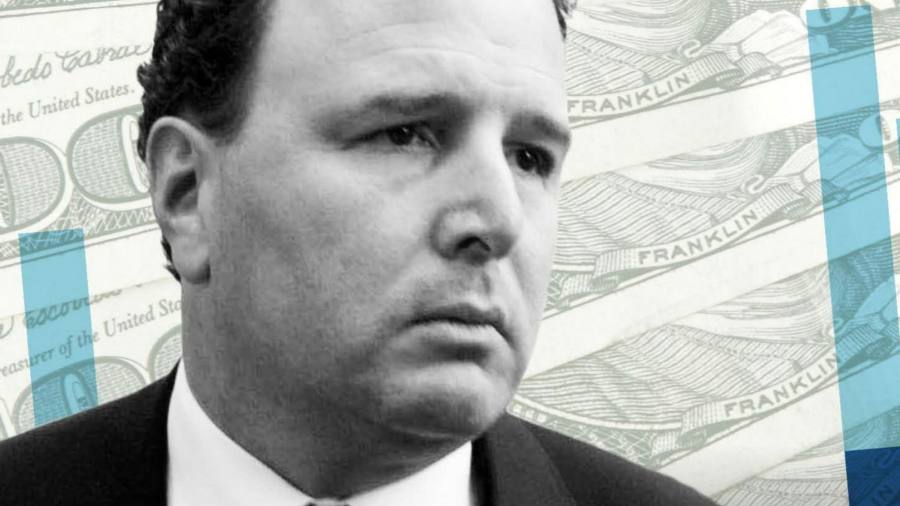
Receive free Special purpose acquisition companies updates
We’ll send you a myFT Daily Digest email rounding up the latest Special purpose acquisition companies news every morning.
Wall Street dealmaker Michael Klein is taking public in New York a UK investment group that owns a plumbing business, a diesel generator specialist and a forklift truck supplier.
The deal, which values Cheshire-based CorpAcq at $1.6bn, shows how sponsors of blank-cheque vehicles, such as Klein, are having to roam far and wide in search of transactions.
The US listing of a highly UK-focused business also underscores the challenge to the London stock market from the higher valuations available in New York.
Founded in 2006, CorpAcq is run by Simon Orange, the brother of Take That singer Jason Orange. Fred Done, the billionaire founder of bookmaking chain Betfred, is a former board member. The group buys up small and medium-sized businesses led by their founders, and has expanded its portfolio to 41 such companies.
“The company provides investors the opportunity to invest in a unique business model,” Klein said on a call for investors on Tuesday as he announced the deal for Churchill Capital Corporation VII, one of his so-called special purpose acquisition vehicles.
He added that CorpAcq was able to acquire businesses at a lower price because “the founders themselves don’t have a desire to sell to private equity firms”.
Within the portfolio are construction equipment specialists, packaging companies and clothing group Cotton Traders. CorpAcq last year produced $826mn in revenues, with adjusted earnings of $129mn.
“We probably are an unusual Spac business,” Orange said in an interview. “We’ve got great consistent revenue, great consistent profits.”
The company plans to begin paying shareholders a dividend after the deal is completed.
Orange, the CorpAcq chair, and his wife also own the Greater Manchester rugby union team Sale Sharks, which was purchased from Scottish businessman Brian Kennedy for an undisclosed sum in 2016. The club had £12mn of revenue in the June 30 2022 financial year and made a £3.4mn net loss. Sale is not part of the deal with Klein.
Spacs raise money through a stock market listing and use the cash to take a private business public. Spac sponsors, who tend to provide upfront cash to set up the company and lose the money if it has to be liquidated, are heavily incentivised to strike deals.
A wave of Spacs went public during a pandemic boom driven by low interest rates, but many have since struggled to find targets and been forced to return cash to shareholders.
Even those Spacs that do find targets face an uphill battle to keep investors, who have the option to redeem their cash once a deal has been announced.
Klein, a former Citigroup investment banker who raised billions for shell companies in a spree of dealmaking, has been among the biggest backers of Spacs and one of their largest beneficiaries. He has helped list electric vehicle company Lucid and healthcare provider Multiplan.
His vehicle Churchill Capital Corp VII held an initial public offering in February 2021. Spacs generally have a set time limit to find a deal before handing back money to shareholders, but the group sought an extension to agree a transaction.
Churchill Capital Corp VII had previously held talks with the Indian educational technology start-up Byju’s in a deal worth more than $40bn in 2021, the Financial Times reported.
Last month, another Spac set up by Klein and Sam Altman, the OpenAI chief executive, agreed to merge with a nuclear-fission start-up backed by Altman in an $850mn deal.
Additional reporting by Sam Agini